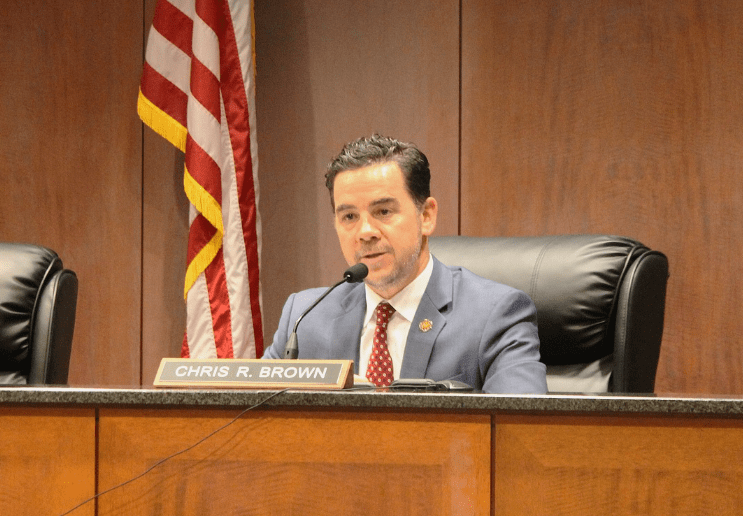RELEASE:
Legislation to Expand ESA’s Introduced in House and Senate
RIDGELAND, Miss.- New legislation has been introduced in both the House and Senate to expand education choice options to all Mississippi families.
HB 943, introduced by Rep. John Moore (R-Brandon), and SB 2385, introduced by Sen. Buck Clarke (R-Hollandale), will make the Education Scholarship Account (ESA) program available to most students in Mississippi. This program will give first preference to students with special needs and then to low income students.
“Parents know their children best,” Gov. Phil Bryant said. “And as parents, we make every decision about what’s best for our children. We choose their doctor, their babysitters, even the food that we put on the table for them, so why wouldn’t we give parents the ability to choose something as important as where their child goes to school? This bill is a tremendous step toward ensuring that every child in Mississippi has the opportunity to choose a high-quality education. I am proud to support it, and I thank Sen. Clarke and Rep. Moore for their leadership on this issue.”
“Every day Mississippi families in poorly performing public schools exercise school choice by moving to better school districts or placing their children in private schools. Unfortunately, these options are only a realistic possibility for those with financial means,” said Grant Callen, President of Empower Mississippi. “It’s time for all students to have access to quality education options and this bill would allow parents to choose the best educational setting for their child. We applaud Chairman Moore and Chairman Clarke for their leadership and commitment to Mississippi’s children.”
Education Scholarship Accounts give parents a new education option for their children. For students whose needs are not being met in public school, the ESA program allows parents to withdraw their child from public school and have the state education funds that would have been spent on the child’s behalf deposited into an ESA. The ESA funds allotted for that child can then be used for a variety of education-related expenses outside the traditional public school setting, including private school tuition, tutoring, educational therapy, textbooks, etc.
“The Education Scholarship Account program empowers parents by recognizing children are different,” said Patricia Levesque, Executive Director of ExcelinEd in Action (@ExcelinAction). “It allows parents to seek out the best learning environment for their child, regardless of the type of school – because different schools are the right fit for different students. I particularly applaud Mississippi lawmakers for their actions to expand educational choice, prioritizing those parents traditionally denied a say in where their children go to school. This is a strong statement for education equality and a proud moment in Mississippi’s history.”
“My family is in desperate need for help for my son Max,” Amanda Felder of Clinton said. “We did not qualify for the ESA last year, but we support this expansion because it will help my family and so many others like us.”
All previous ESA receipts would remain eligible for the program. The program would be also available to all current public school students or those entering kindergarten or first grade. Other students who would be eligible include:
Students with an Individualized Education Plan (IEP) or specified disability
Students with an active duty military parent
Foster children who have achieved permanency through adoption or guardianship
Siblings of currently eligible and participating students
Students with special needs will continue to be eligible for an ESA in the amount of $6,500, while low income students will be eligible for an ESA in the amount of $5,000. Middle class families will be eligible for an ESA in the amount of $4,000, and all others will receive an ESA for $3,000.
The program is capped at one percent of public school enrollment in its first year.
2/11/16






